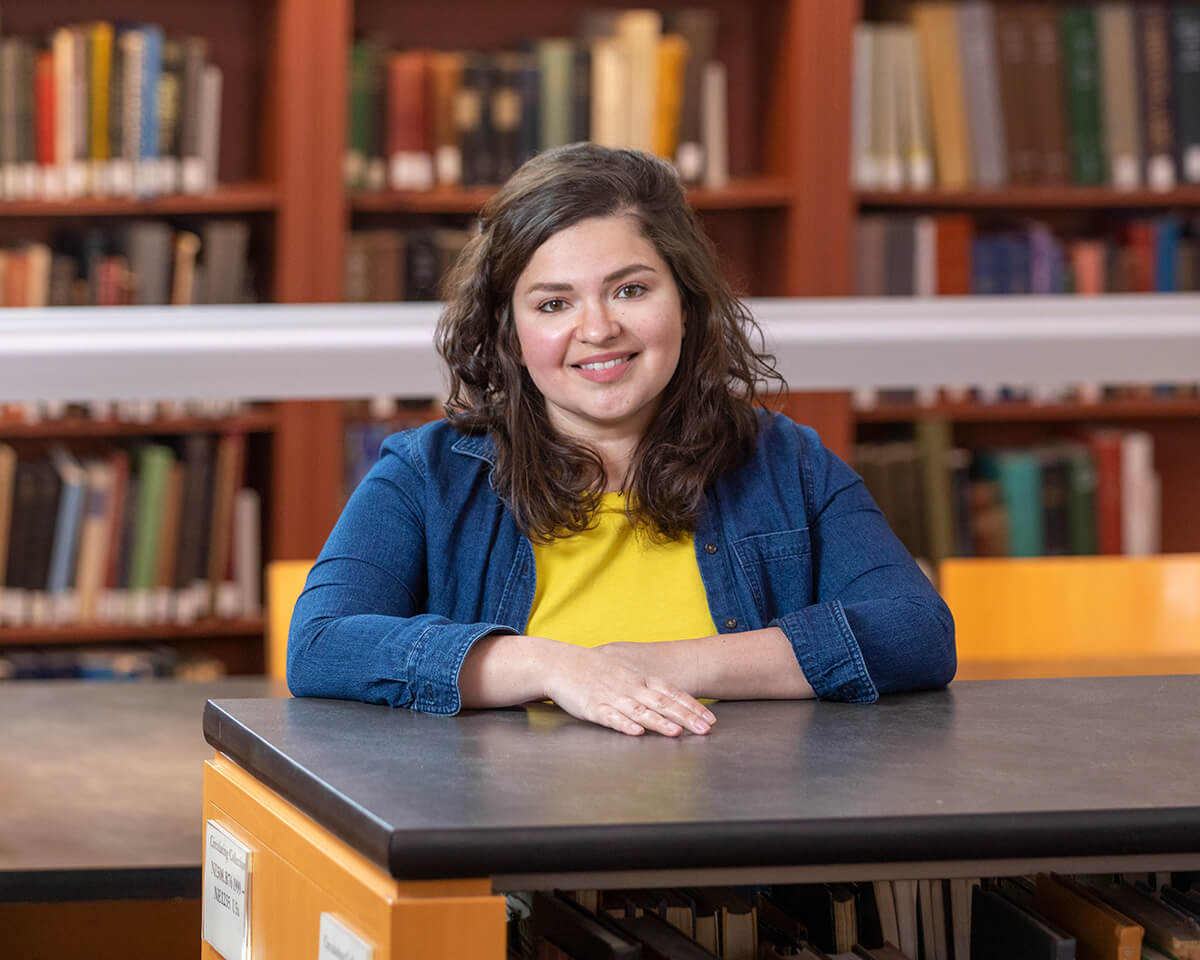Mariana Torrente, associate professor of chemistry and biochemistry, was awarded a three-year $700,000 National Science Foundation (NSF) Research in Undergraduate Institutions in 2024 to support the study of the elucidating epigenetic mechanisms for prion function in yeast.
Prions are proteins that can adopt self-replicating conformations. While in humans, prions are disease-causing agents; in baker’s yeast, prions can help the organism adapt to challenging environmental conditions. While the mechanisms by which prions help yeast adapt are not fully understood, Torrente has helped to discover a connection between gene organization and prions in baker’s yeast.
“We will investigate how prions engage gene organization mechanisms and impact cellular functions,” Torrente said. “This can lead to new knowledge in the fields of evolution and environmental adaptation among others.”
Torrente plans to engage incoming transfer students with this project in an effort to hone their research skills and help them grow through degree completion.
She was also the recipient of a three-year, $471,000 National Institutes of Health (NIH) grant in 2022 to help research related to gene organization disruption in the neurodegenerative disease frontotemporal dementia, a rare, progressive brain disorder that causes changes in behavior, language, and movement. Professor Ryan Murelli, chair of the Department of Chemistry and Biochemistry, said of Torrente’s work: “Having both an active NIH and NSF is truly remarkable, and represents an achievement only a very select few in the college have made.”
Torrente earned a Ph.D. in chemistry in 2010 from Princeton University, where she comprehensively cataloged chromatin proteins—particularly histones—during biologically significant processes using high-end mass spectrometry proteomics. Prior to joining Brooklyn College, she was an NIH postdoctoral fellow at the University of Pennsylvania. In 2015, she won an NIH NINDS Advanced Postdoctoral Career Transition Award to Promote Diversity in Neuroscience Research (K22) and established her own research program as an assistant professor in the Chemistry Department at Brooklyn College.



